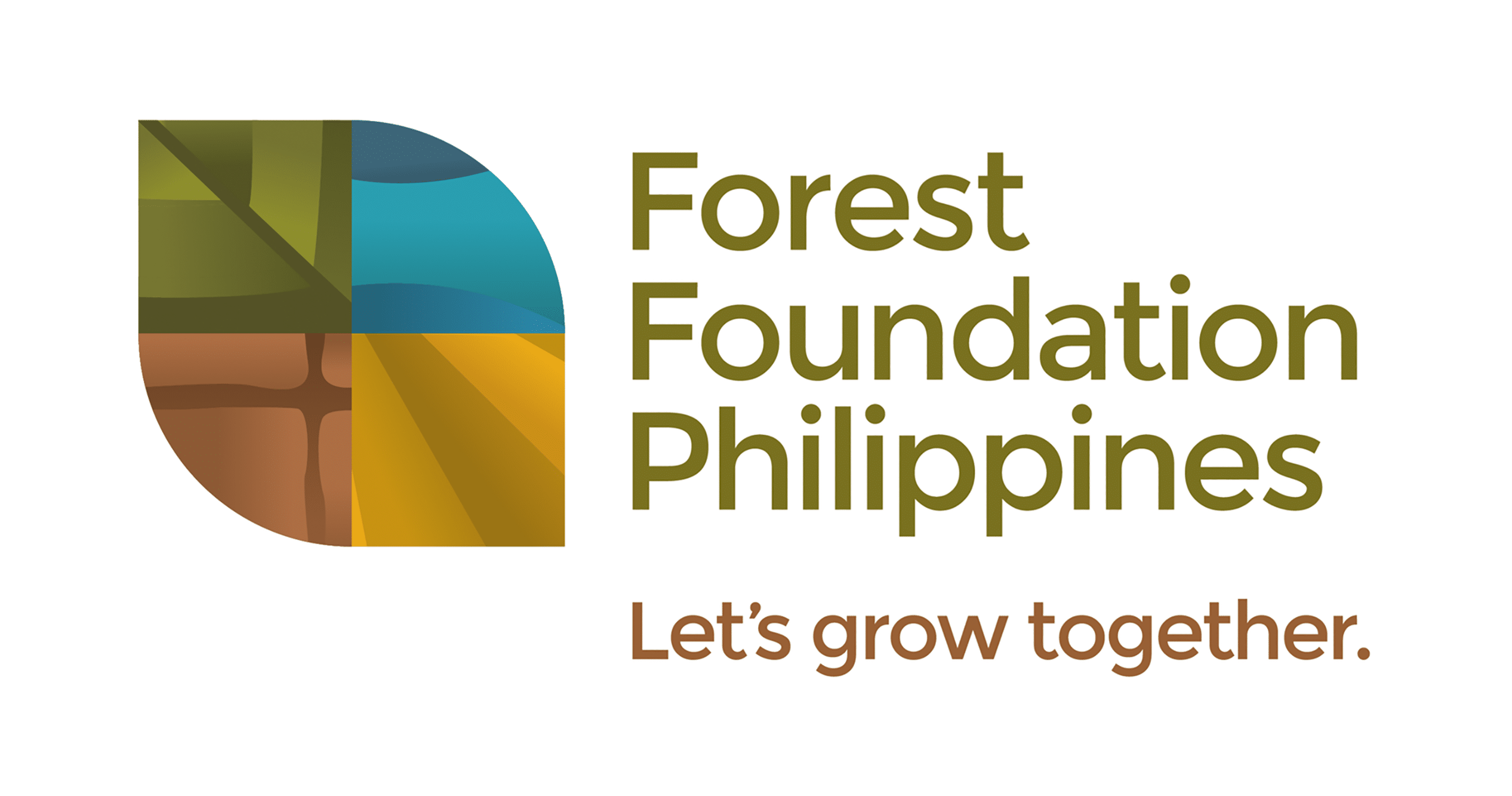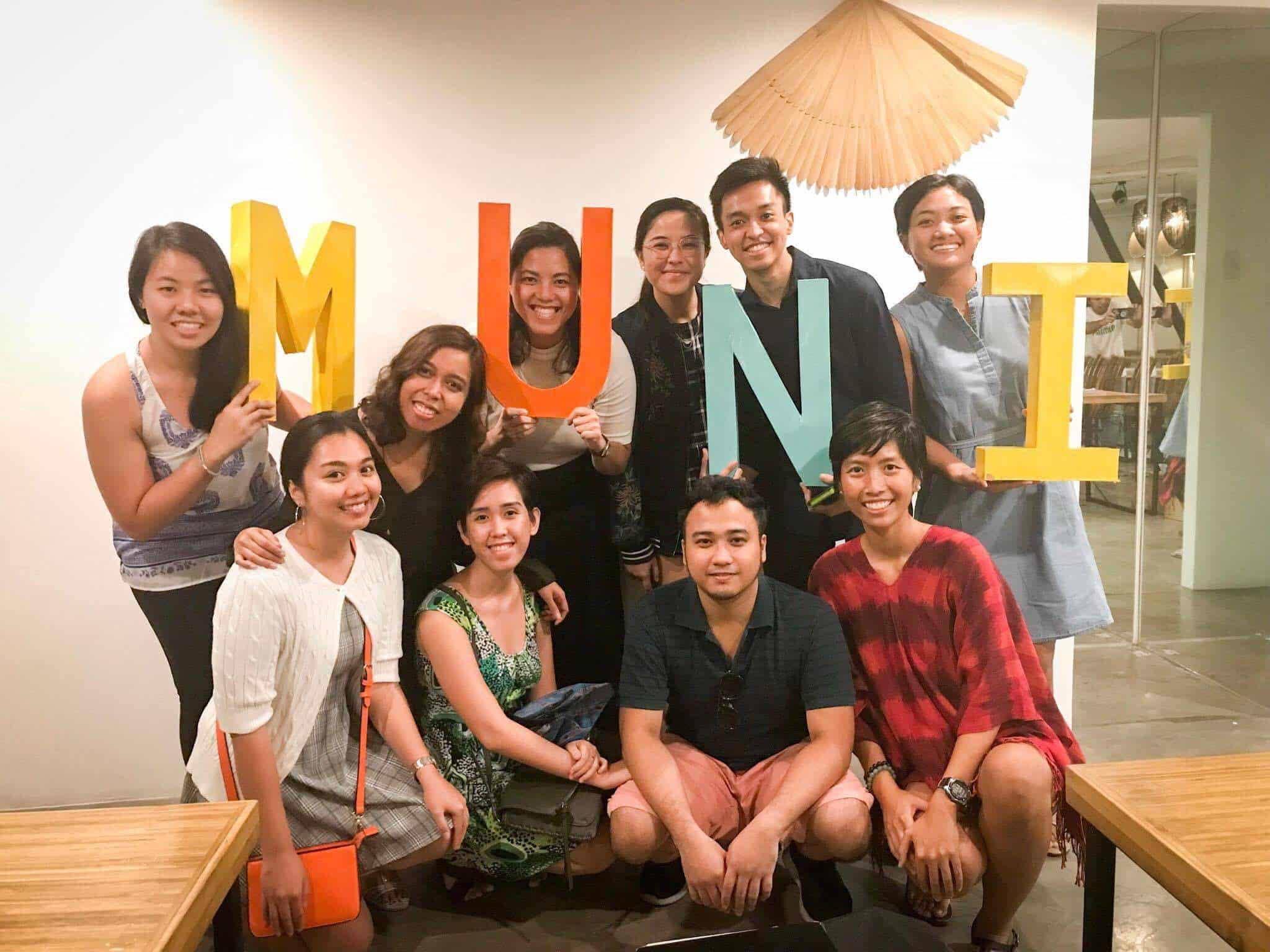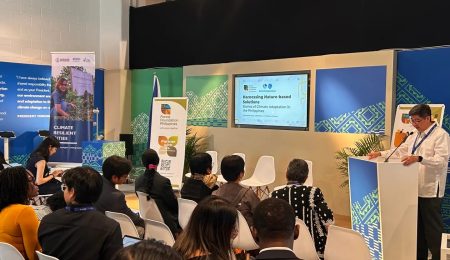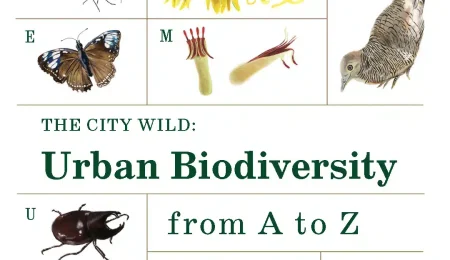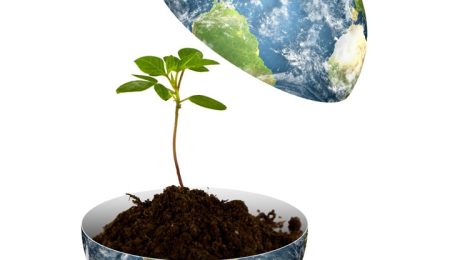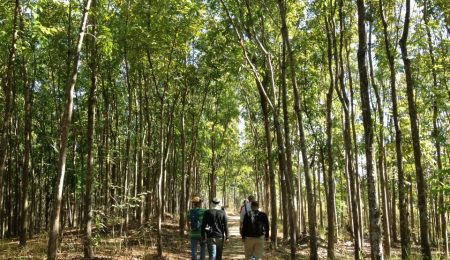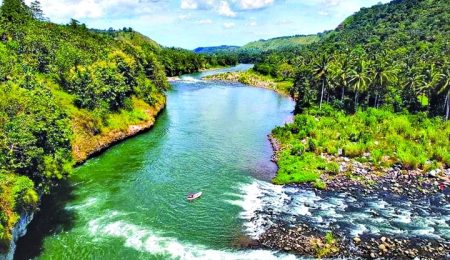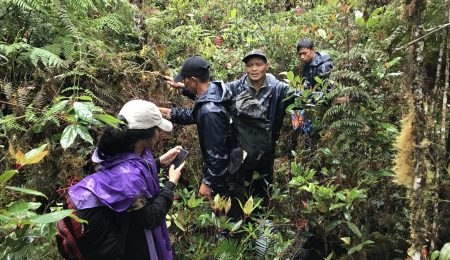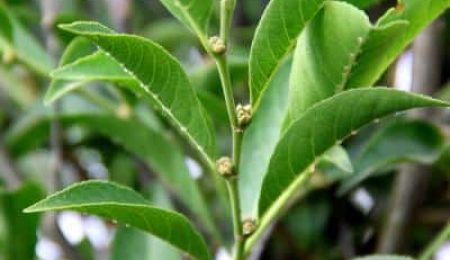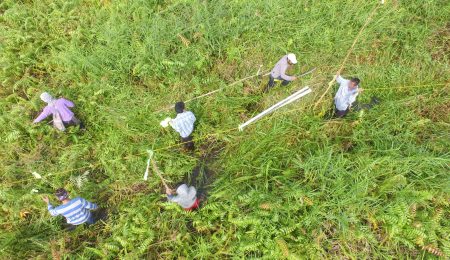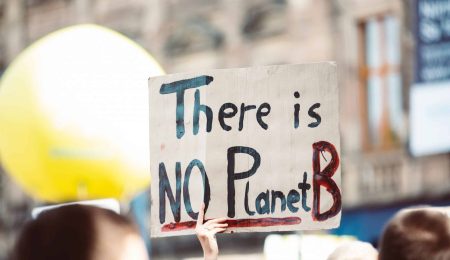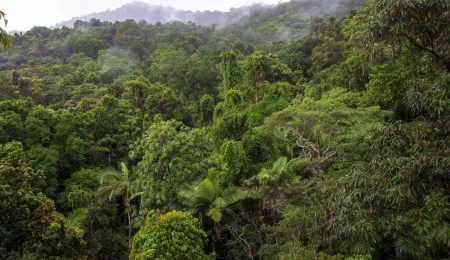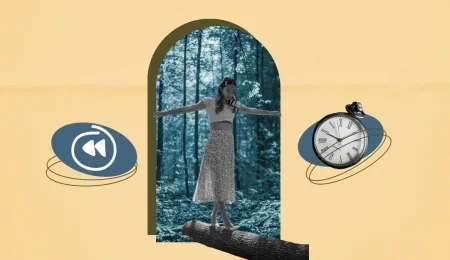by Jen Horn of MUNI, Best Friend of the Forest
What makes a person aspire to create more positive change in the world? And how can we create a society or culture that enables and empowers people to be more mindful of their personal impact – and their personal power – to do good where they are, with the skills, knowledge and experiences they have?
Roots Intact
The turning point for me was during a vacation in the summer of 2012. A tree-cutting issue in the country’s summer capital was raised by locals protesting against the proposed expansion of a retail complex that would feed even more unconscious consumption of material goods. I did not feel that this would add value to people’s lives in the same way that close to 200 trees would. Trees help retain moisture in the earth, act as carbon sinks that help purify the air, and give shade on the cool, yet sunny days in this Philippine plateau-city.
This, along with other synchronicities, led me to think more deeply about the impact I created with my own retail business, convinced that so-called human progress and development should not be hinged on the destruction of the environment.
I wanted to know how I could reduce my impact in my own personal capacity, by how I consumed material goods, food and single-use plastic, and how I traveled or got around the city. I found that simply reducing my retail consumption, eating a more plant-based diet, and riding a bike to close distances and carpooling to further away places were simple things I could change to lower my environmental footprint, but I knew I had much more to learn.
It strengthened my urge to create meaningful events and experiences that would build a community that fosters a culture of mindfulness – a community concerned with the health of the individual, society and the planet. I was determined to find and learn more about businesses that operated not only to sustain themselves, but also mindfully thought to create truly value-adding products and services that improved the health and wellness of its customers and stakeholders while also doing its best to minimize its environmental footprint.
Growth of a Movement
I believed that the only way we could move the conversation and lessons forward, is if we gathered these cause-driven creatives from different fields and industries, all mainly united by the desire to live lives of more meaning and less detrimental socio-environmental impact.
And so, MUNI was born in late 2012, and we started creating MUNI Meetups in 2013 and MUNI Markets in 2014, mostly targeting millennials and purposeful start-ups and social enterprises. Since then, we’ve put together ~50 meetups, covering various topics on sustainable living – how we shop, eat, travel and do business, engaging over 2,000 attendees who would later adopt more pro-environmental behavior, attend our other events and tell their friends about us and the other amazing people they’ve got to meet and learn from.
In the years that we’ve been doing this, we’ve been exposed to many inspiring stories of entrepreneurs seeking to pursue a viable enterprise that is economically, socially and environmentally sustainable. Whether it be folks pursuing sustainable, organic agriculture, or creating value-added products from agricultural produce, upholding our country’s age-old weaving and crafting traditions, and advocating for the use of renewable or recyclable material, we’ve found that there is a growing community.
Initially, it was more challenging to have conversations where you just dropped phrases like “mindful living” and “conscious consumption”, but it’s been encouraging to see the momentum pick up in the past couple of years.
Branching Out
For a while, it was great to see the organic growth of this movement, and how more and more people were becoming keen to take part in the sustainability conversation. However, as the years passed, I wondered to myself: “Is what I’m doing making a dent?”
Articles started coming out, critiquing the whole sustainable lifestyle movement, saying it was an elitist idea, reserved only for those with enough money to comfortably sit around their designer living rooms discussing the increasing trash problem at their favorite five-star eco-luxury beach resort while sipping craft beer or fair trade, single origin coffee. While others touted that individual lifestyle changes wouldn’t make a difference, and that more systemic change in government and the private sector was the more pressing matter to address.
I remain a firm believer that individual lifestyle change is necessary, and I’m also a firm believer that it is not enough. In the same way, it is no longer enough for corporations to have tree-planting activities as CSR projects, but instead, to explore how to develop more conscious, sustainability-oriented company cultures so that environmentally sound practices are baked into the day-to-day workplace behavior, and not just the one-off environmental events.
And so, since 2017, MUNI has also worked to bring this culture of mindful, sustainable living into corporations through our Employee Eco-engagements as well, while we continue to encourage individuals to proactively take change in their own lifestyle and be part of a larger conversation about sustainability through our public MUNI Meetups, or other special events, like MUNI Travels.
To Nurture and Bear Fruit
While the modern environmental movement started as far back as the 60’s, and global discussions on climate change started over 20 years ago, I feel that in the Philippines, it’s been only in the past 2-5 years that people have begun to pay more attention.
I see evidence of this in the growing attendance at our events, and increasing interest and engagement on our social media accounts on Instagram and Facebook, and our MUNI Community Facebook group, and the growing activity both online and offline — seeing more events and groups other than our own as well, including Forest Foundation Philippines’ #BFFMovement. This is all very hopeful and encouraging, and as we always say at MUNI — a supportive community is essential in sparkling and sustaining this pro-environmental change.
Each action we successfully take to do our part for the planet is a trigger to start another one. And a key in our continued progress towards a more sustainable life is having a community to learn from, share with, and be accountable to.
So wherever you are in your sustainability journey, let’s meet along the way, shall we?
********
About the Author:
Jen Horn is the founder and CEO of MUNI. Through MUNI, she fulfills her passion to cultivate empathy for the environment by sharing resources, creating learning events and experiences, and building a community that can help support, sustain, and spread pro-environmental change. She enjoys being in, on, under, or near the water, eating veggies, and learning about link between psychology and pro-environmental behavior. She endeavors to use jedi mind tricks to help humanity triumph over apathy, single-use plastic, among other things we don’t need in the world.
You can learn more about MUNI and their approach to mindful living, conscious consumption and business via www.muni.com.ph. Find MUNI on Facebook, and join the discussion in their MUNI Community Facebook group. Follow MUNI on Instagram at @muni_ph and Jen at @jenhorn_.
Jen Horn is also one of the Best Friends of the Forest. You can learn more about the BFF Movement through Forest Foundation Philippines’ website and the #BFFMovement conversations on Facebook and Instagram by following @forestfoundationph.
Disclaimer:
The views and opinions expressed in this article are those of the author and do not necessarily reflect the official policy or position of the Forest Foundation Philippines. Furthermore, the Foundation assumes no liability or responsibility for any inaccurate or incomplete information presented in this article.
